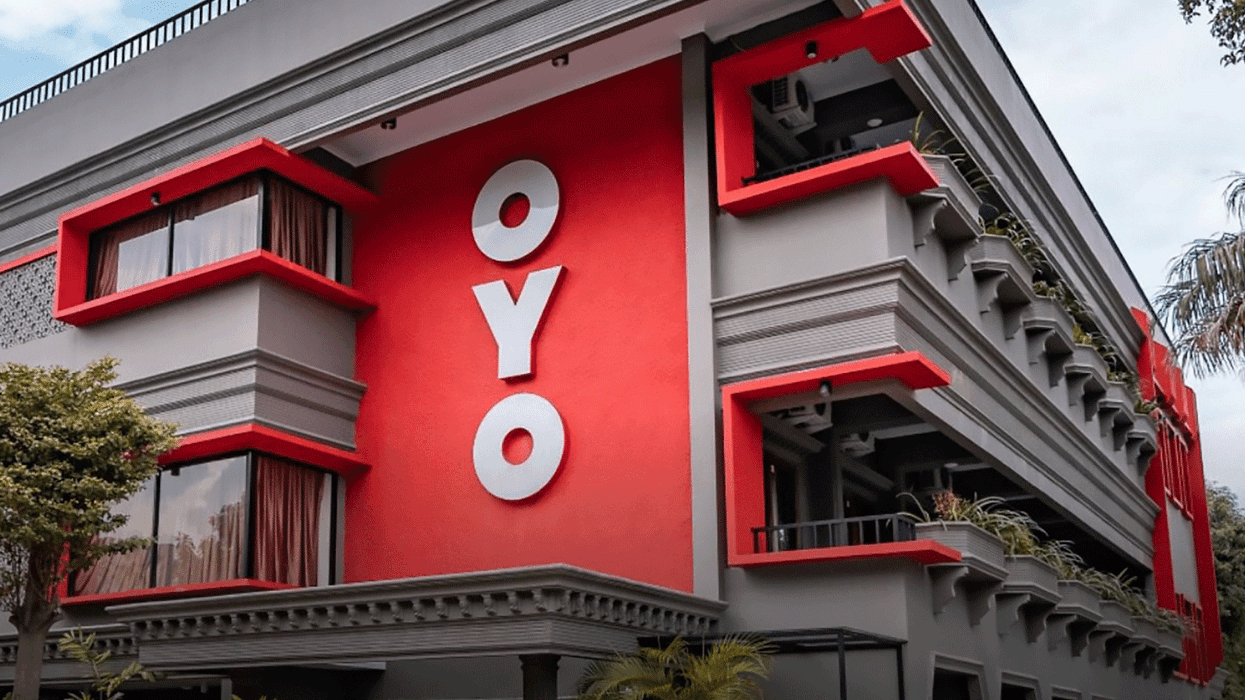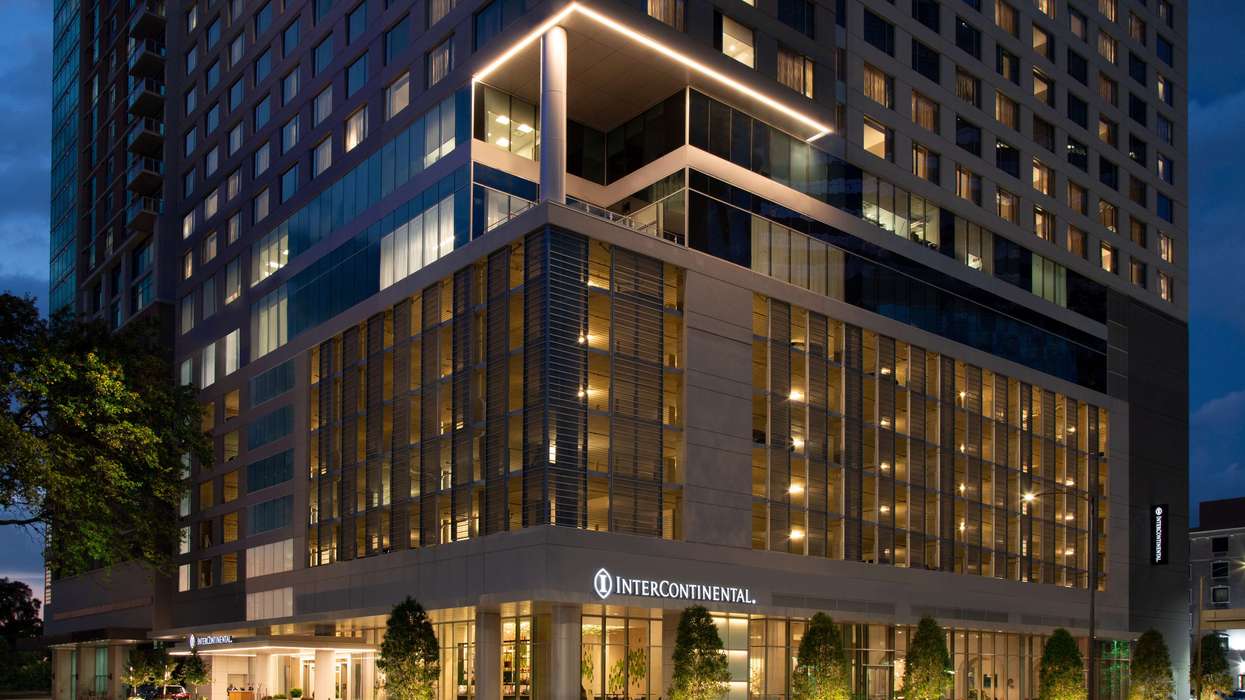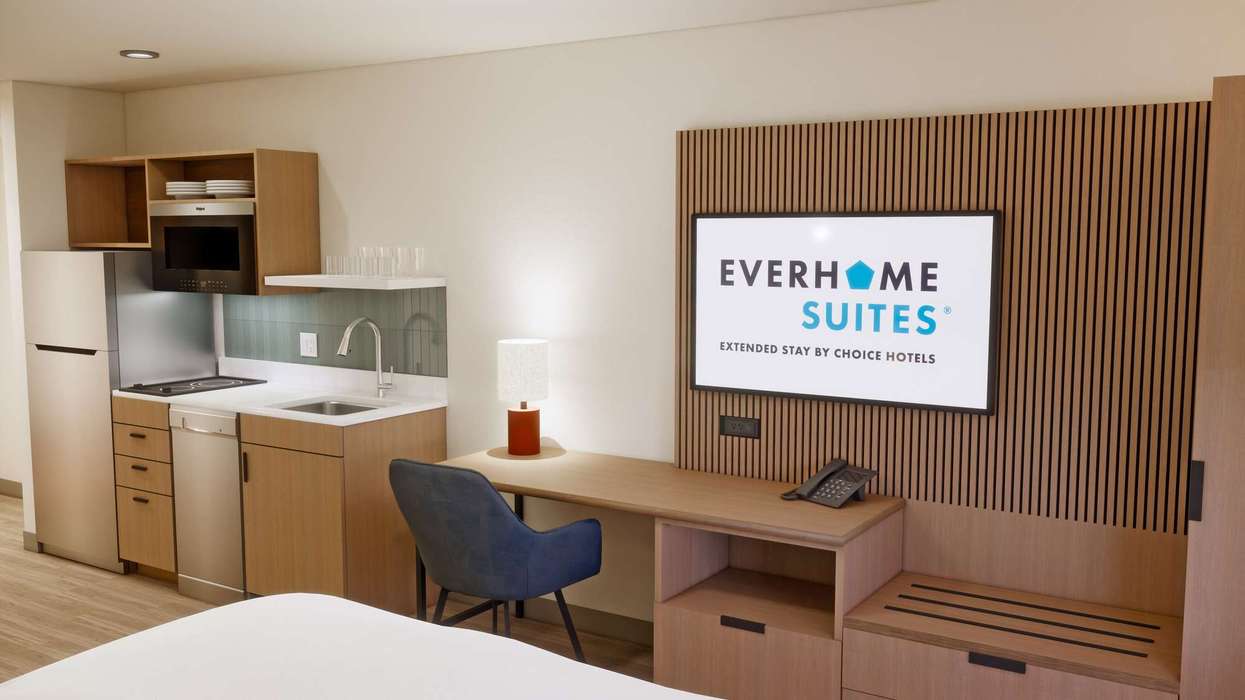AAHOACON 2020, AAHOA’s first virtual annual conference and trade show, has concluded. The final day included a few more sessions on how hotels are facing the COVID-19 crisis, elections of new board members and the announcement of award winners.
In other word, all the usual things that would have occurred had the conference been held in person in Orlando, Florida, as originally planned before the pandemic changed those plans.
The first day was one of introductions, the second day saw panels of experts discussing the way out of the current crisis. On the third, Bharat Patel, owner of Gulf Coast Hospitality Solutions in Sarasota, Florida, became the new AAHOA secretary, the first step toward eventually becoming the next chairman.
Other new board members were also named:
- Arkansas Regional Director: Chintu “Danny” Patel
- Florida Regional Director: Rahul Patel
- Georgia Regional Director: Vikesh “Vik” Zaver
- Greater Los Angeles Area Regional Director: Naresh “N.D.” Bhakta
- North Central Regional Director: Bhavesh Patel
- North Texas Regional Director: Dhiren Masters
- Young Professional Director Eastern Division: Bhavik Patel
- Female Director Eastern Division: Lina Patel
“These individuals are great additions to the Board of Directors of America’s premier hotel owners association. I am grateful for their service to our members and to the hospitality industry,” said AAHOA Chairman Biran Patel.
This year’s award winners Include:
- The Outstanding Woman Hotelier of the Year Award: Komal Tina Patel, of Eugene, Oregon.
- The Outstanding Young Professional of the Year Award: Nauman Panjwani of Mooresville, North Carolina, and Dhruti Patel, of Eugene, Oregon.
- The Outreach Award for Philanthropy: Prakash Saraf, of Ellicott City, Maryland.
- The Political Forum Award for Advocacy: Vinay Patel, of Charlotte, North Carolina.
- Award for Excellence in Leadership from AAHOA’s women hoteliers. Female Director Eastern Division Lina Patel and Female Director Western Division Nimisha Patel. They also honored outgoing AAHOA Chairwoman Jagruti Panwala with an award for her years of service to the association.
“Congratulations to all of our award winners. Every year, we honor those in our association who set a high bar for distinction as hoteliers. I am confident that the example they set will serve as an inspiration to our entire industry,” said Cecil Staton, AAHOA president and CEO.
More award winners are listed here.
There were other highlights during the conference’s last day:
During the “fireside chat” session with Mit Shah, CEO of Noble Investment Group, interviewing Horst Shulze, president of Horst Schulze Consulting, Shulze delivered some strong advice.
The two were discussing leadership and the difficult decisions it requires. For example, the pandemic has led to thousands of layoffs in the industry as occupancy dropped precipitously.
“There's a part of this that is immediate,” Shah said. “You care about your people, you care about the identity that you have as a company, as human beings, the culture that's been created by so many.
But now you're in a tenuous state, whereby you don't have any control over when this business is going to come back to where you could just be breakeven.”
Prior to the pandemic, Shulze said, a hoteliers for priorities were to take care of “the investors, the guests, the employees and society.”
“That priority has changed. Right now, the priority is the hotel, the company, must survive because without that none of the other three have anything. That's the priority,” Shulze said. “Make sure you don't lose your very best employee. Get rid of the rest of them. Sorry. Because, guys, if you don't do it, you won't have a hotel, you’ll have nothing for anybody.”
D.J. Rama, president and CEO of Auro Hotels offered some advice during the “Hotelier Insights” session on some lesser-known metrics hoteliers should track to monitor the eventual recovery of corporate and group travel.
“I urge each one of you to stay focused on your daily pick-ups for the future, and how that's reacting,” Rama said. “The other one is Transportation Security Administration data points for your airports, seeing what the traffic and the trends are at the TSA checkpoints so you can at least see what the movement is for corporate transit. Another one that's interesting is the vacancy office rate. What we're finding is that a lot of the office renewals are coming up and a lot of companies are not buying the usual kind of square footage, which impacts us on corporate travel.”
New AAHOA Chairman Biran Patel, who was sworn in in June, conducted an interview with OYO hotels and Homes founder and group CEO Ritesh Agarwal. Patel asked Agarwal what he had learned since bringing the popular Indian hotel chain to the U.S. last year.
“We have no qualms in acknowledging that there were absolutely various lessons learned right around the time we were launching here in the U.S.,” Agarwal said. “As I met partners I constantly learned and made improvements. For example, we improved our revenue management program to deliver better RevPAR. Our RevPAR has now reached, even with COVID, up to 92 percent of pre-COVID levels.”
The company also gave owners further control on prices so they can increase their rates if they wish. Agarwal also responded to criticisms the company has faced on social media. Some of it is not true, he said, but some is.
“OYO has always invited critical feedback, every critical feedback helps us improve. If there is anybody out there who can ensure that they can give us critical feedback by which we can become a better company, we welcome it,” he said.
Patel also gave his inaugural address at the end of the conference, in which he pointed out that hoteliers are very resilient people.
“We have no choice but to press forward. We take on the challenges this crisis poses and come back stronger,” Patel said.
He said the association will continue to advocate for more assistance from Congress to help hoteliers face the liquidity problem that has resulted from pandemic related business losses as well as debt relief.
“This is a critical time in our industry. Owners are concerned about the next three to six months. That’s why our presence in Washington is so valuable.”
In conclusion, Patel urged AAHOA members to stay strong.
“We all know that this virus will pass. Our nation will recover. Travel will return, and we’ll be there to welcome travelers back,” he said. “We are ambassadors for our communities. We greet the country, and the world, at our front desks. If there’s one thing I’ve learned from my nearly two decades as an AAHOA member, it’s this: AAHOA is here to help every hotel owner. No one has to go through it alone. And when we focus on what really matters to hotel owners, there’s nothing we can’t accomplish.”





